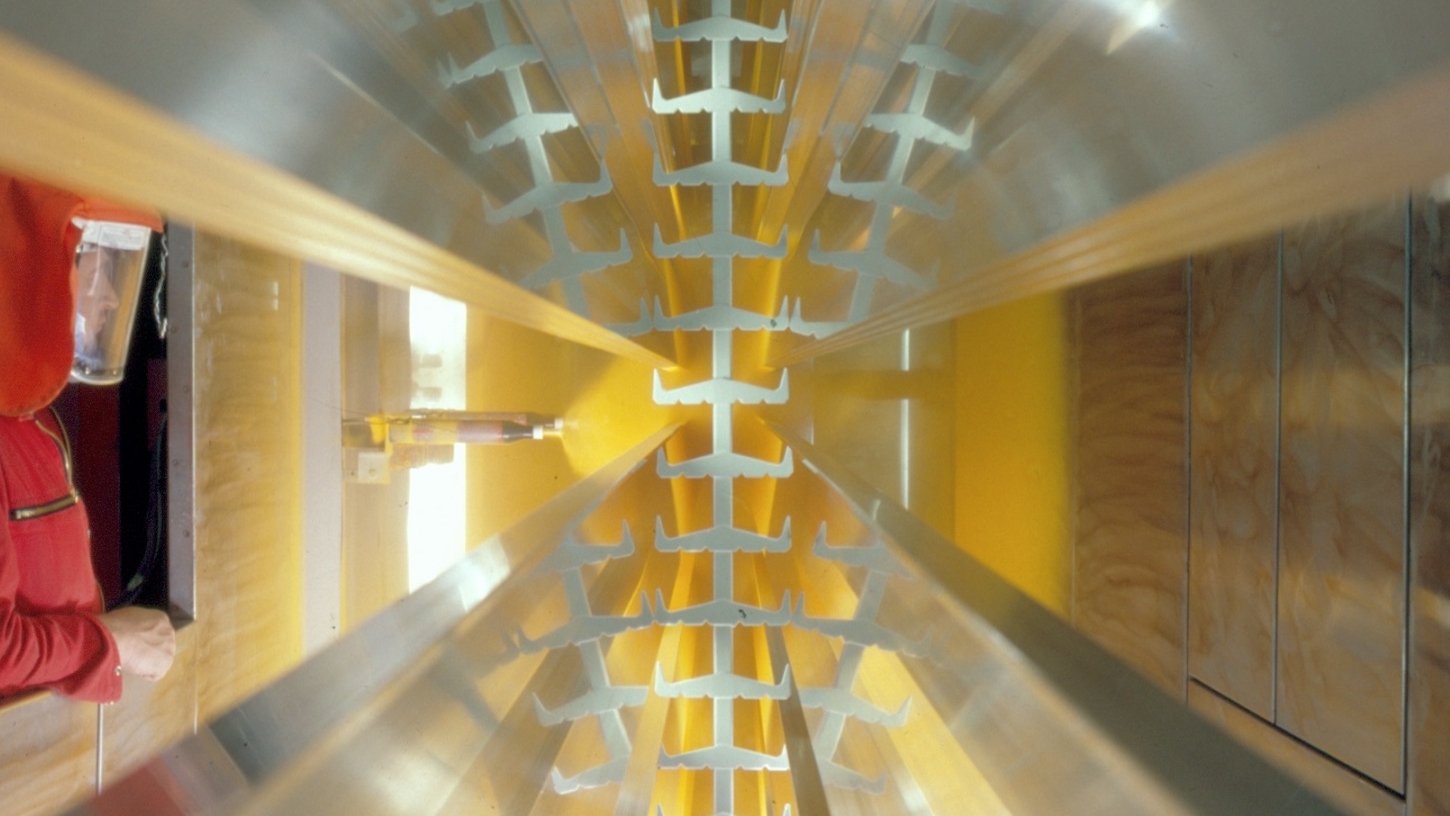Thanks to digitally conducted surveys on the economic situation, the German Surface Finishing Association (Verband für die Oberflächenveredelung e. V. - VOA) receives quick and valid figures from its member companies to create a meaningful database. On the one hand, this benefits the participating VOA members, who receive valuable feedback on their status quo in comparison with other companies in the surface finishing industry. On the other hand, the VOA uses the results to represent the interests of its members in politics and business. The results of the most recent survey are currently available in detail: Overall, 61% of VOA members expect their company to develop positively in 2022 - in the previous year, only just under a third assumed this. The current challenges, such as rising energy costs, the shortage of skilled workers and the industrial transformation, are seen by the industry. The global supply bottlenecks, which have not yet affected the member companies too much, could also have an impact on the mood, which is currently rated as positive.
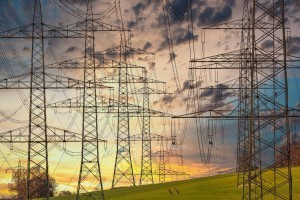 The surface finishing industry is generally optimistic and is reporting figures that give cause for hope: Capacity utilization as well as sales development increased among member companies compared to the previous year and incoming orders also increased again.
The surface finishing industry is generally optimistic and is reporting figures that give cause for hope: Capacity utilization as well as sales development increased among member companies compared to the previous year and incoming orders also increased again.
In the first year of the pandemic, i.e. 2020, around 60% of the companies participating in the survey reported a lack of capacity utilization. Capacity utilization recovered to an average of 82% by January 2021. At the end of 2021, it rose further to an average of 90%.
In terms of turnover development, 67% of members expected a reduction at the start of 2021. At the end of the year, only 11% of companies thought this would be the case, while turnover remained the same for 61% and even increased for 28%.
While 55% of companies reported a decline in orders in January 2021, 61% of companies in the latest survey were pleased to report an increase in orders, with an average of 18%. It remains to be hoped that the upturn will not falter and that production can continue despite the increasing shortage of materials and raw materials.
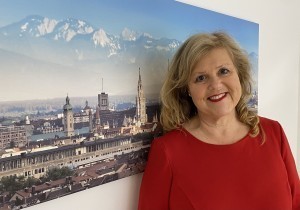 Dr. Alexa A. Becker In 2021, 28% of companies made use of short-time working and 17% laid off employees as a result of the coronavirus crisis. VOA member companies are not currently making use of the option of short-time working. There were also no redundancies among the companies participating in the survey. This reflects the fact that the production of VOA companies is primarily limited by a lack of skilled workers. In the current VOA survey, the shortage of labor is one of the bottleneck factors at 34%, ahead of restrictions due to corona requirements (29%) and problems due to global supply bottlenecks (29%). VOA Managing Director Dr. Alexa A. Becker: "In order to ensure that production can be run professionally and to a high standard under the good conditions of capacity utilization, sales development and order situation, the industry needs well-trained and educated specialists. Motivated and qualified employees are an important part of our member companies." Fortunately, the industry is countering the shortage of skilled workers: While around 39% of companies provided training last year, almost half are planning to do so in 2022. The VOA provides targeted support here through its training initiative and also offers further training for everyday working life.
Dr. Alexa A. Becker In 2021, 28% of companies made use of short-time working and 17% laid off employees as a result of the coronavirus crisis. VOA member companies are not currently making use of the option of short-time working. There were also no redundancies among the companies participating in the survey. This reflects the fact that the production of VOA companies is primarily limited by a lack of skilled workers. In the current VOA survey, the shortage of labor is one of the bottleneck factors at 34%, ahead of restrictions due to corona requirements (29%) and problems due to global supply bottlenecks (29%). VOA Managing Director Dr. Alexa A. Becker: "In order to ensure that production can be run professionally and to a high standard under the good conditions of capacity utilization, sales development and order situation, the industry needs well-trained and educated specialists. Motivated and qualified employees are an important part of our member companies." Fortunately, the industry is countering the shortage of skilled workers: While around 39% of companies provided training last year, almost half are planning to do so in 2022. The VOA provides targeted support here through its training initiative and also offers further training for everyday working life.
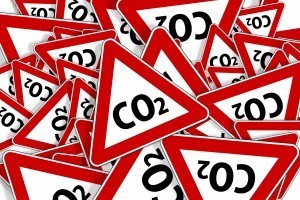 One of the core problems for Germany as a business location and for companies in the surface finishing industry is the high cost burden caused by rising energy prices, particularly for gas and electricity. This is a cause for concern: "Our current survey shows that the high energy costs are already having a significant impact on over 70% of surface finishing companies," explains Dr. Becker. In view of the implementation of the Paris climate targets and the "European Green Deal", the transition to an industry that is asCO2-free as possible can only succeed if guaranteed supplies of electricity and other energy sources are ensured at permanently competitive prices with regard to globalized markets in order to further develop the industry and secure Germany as a business location.
One of the core problems for Germany as a business location and for companies in the surface finishing industry is the high cost burden caused by rising energy prices, particularly for gas and electricity. This is a cause for concern: "Our current survey shows that the high energy costs are already having a significant impact on over 70% of surface finishing companies," explains Dr. Becker. In view of the implementation of the Paris climate targets and the "European Green Deal", the transition to an industry that is asCO2-free as possible can only succeed if guaranteed supplies of electricity and other energy sources are ensured at permanently competitive prices with regard to globalized markets in order to further develop the industry and secure Germany as a business location.
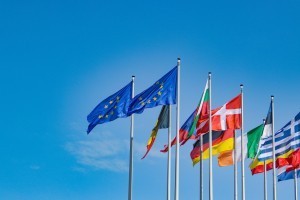 Fortunately, in its work program for 2022, the EU Commission focused not only on mitigating climate change, but also on the digital development of companies as one of the core topics of industrial transformation, the importance of which has grown as a result of the coronavirus crisis. As a result, many companies are increasingly using digital tools to handle business processes, or are using them for the first time. However, the potential of digital technologies is far greater, as the collection and use of data without exception increases process and product design efficiency and gives rise to new value creation networks. Reliable and innovation-friendly political framework conditions are needed for the economy so that the transformation processes can be successfully managed. At the same time, it is important to push ahead with the expansion of the network in every respect, to further promote the research and development of key digital technologies and to make these available to companies in a practical and solution-oriented manner tailored to the industry.
Fortunately, in its work program for 2022, the EU Commission focused not only on mitigating climate change, but also on the digital development of companies as one of the core topics of industrial transformation, the importance of which has grown as a result of the coronavirus crisis. As a result, many companies are increasingly using digital tools to handle business processes, or are using them for the first time. However, the potential of digital technologies is far greater, as the collection and use of data without exception increases process and product design efficiency and gives rise to new value creation networks. Reliable and innovation-friendly political framework conditions are needed for the economy so that the transformation processes can be successfully managed. At the same time, it is important to push ahead with the expansion of the network in every respect, to further promote the research and development of key digital technologies and to make these available to companies in a practical and solution-oriented manner tailored to the industry.
The VOA is looking forward to further developments in the political arena, both at federal level with the new coalition government and at European level, which is of existential importance for companies in view of the major challenges they face, and is working on behalf of its members. The task now is to set the right course.

